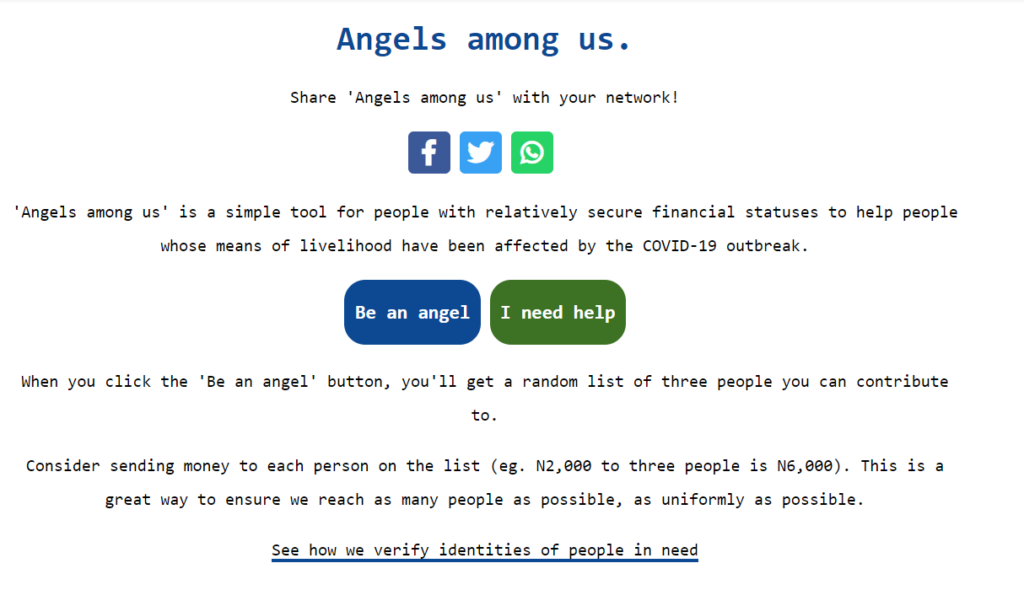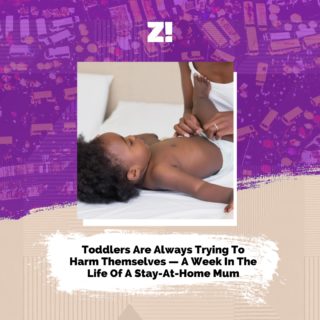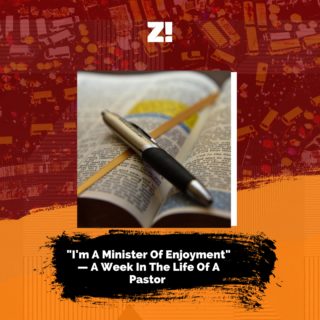Imagine you were working in digital communications until you lost your job in late 2019.
After losing your job, your wife delivers a baby. Complications from the delivery puts your family in a bad financial situation. You had to empty the family savings to pull through. Early this year, you start to drive Uber/Taxify to make ends meet. Your wife also starts a fashion outfit to support household income.
Then comes the coronavirus and the whole economy stops. You have to stop driving and your wife closes the shop because everyone has to stay at home. This lack of daily income further worsens your already bad financial situation. In all of this, there’s a baby that needs to be fed.
This is the true-life story of one of the many Nigerians affected by the coronavirus pandemic.
The coronavirus has paralysed economic activities in Nigeria resulting in the shut down of many businesses. This is as a result of a Government-ordered lockdown in two major cities — Abuja and Lagos — as part of its efforts to slow down the coronavirus. The implication of this is that many Nigerians, who live hand-to-mouth and rely on daily income, have suddenly found themselves in scary financial conditions.
Their only hope right now is that they receive a donation from an Angel. Not a real-life Angel but one of the many Angels who are willing to help on the Angels Among Us website.

Individuals and organisations have organised relief drives to help some of the people affected by the lockdown. This drive usually involves fundraising, buying of food, and distribution to those in need. Inspired by a need to also help out, the Angels Among Us idea was born.
What makes the Angels Among Us different is that it removes the need for a middle man who raises funds and distributes. Instead, it connects the helper directly with the person in need. Justin Irabor, the creator, says he chose this model because while looking for a way to help Nigerians during this crisis, he favoured a model that wasn’t limited by his personal time and capacity to disburse. That is how much time he had to spare to collect and share funds. “I wanted a solution beyond my personal limitations: an infinite pool of people helping an infinite amount of people without needing a middle man to drive the process,” he said.

When asked about the idea behind the name, Justin said: “I was inspired by the idea of supernatural beings living like human beings; taking danfo to work and back, eating, and doing regular stuff. So, after cycling through several names, I settled on Angels Among Us – because it brought back that image of regular people ascending to the status of angels as they helped people who didn’t even know them.”
Nigeria is a low trust society where people are raised to be wary of each other because everyone wants to get ahead of the other person. To prevent fraud and to increase trust, there’s a photo verification section. People who need help share a photo of themselves holding a piece of paper with their name and account details on it. And while he knows that this can be gamed, “most people don’t game it because they understand the binding principle here – honesty from the asker attracts kindness from the giver,” he said.
In addition, they also verify that the name in the photo matches the bank account name supplied. There are also phone calls to people seeking help to get more context and verify more details. This process he says is handled by a network of volunteers (nicknamed ‘archangels’) working tirelessly. While they have verified a few hundred people so far, not everyone passes their process.
“Very soon, there are plans to implement BVN verification through an established payment service provider and this will add another layer of security to the program,” he said.
There are also plans to explore other methods of payment for people who do not have bank accounts. Work is ongoing to create a platform that can handle multiple payment types like Paga, O-pay, etc. But this may take a while.
The best part of this project for him, has been discovering the kindness of people. He admits to being cynical by default so the kindness of people has been positively overwhelming. “Being able to write the software for this cause has also been satisfying,” he added.
“The reason I do interviews with publications like Zikoko is to encourage people to use the platform by building trust,” he said. “To increase transparency, I have also made myself more publicly accessible for questioning. There is also a Frequently Asked Questions (FAQ) page angelsamong.us/faq that addresses this skepticism. Furthermore, the team is setting up a communications unit (made up of volunteers) who will start sending reports and updates on what’s happening internally. We want to ensure accountability.”
In the age where social distancing is the rule, Justin understands something fundamental; If Nigerians hope to beat this illness, then we must band together and pull resources. This is because the effects of the virus on the economy are more familiar to many Nigerians than the novel virus itself. His ultimate aim is “to ensure that helping anyone affected by this pandemic is as easy as clicking a button.”
If you would like to be a part of this initiative, you can either choose to donate by clicking here. Or by sharing this article with someone that can help.
Together, we can beat this!




